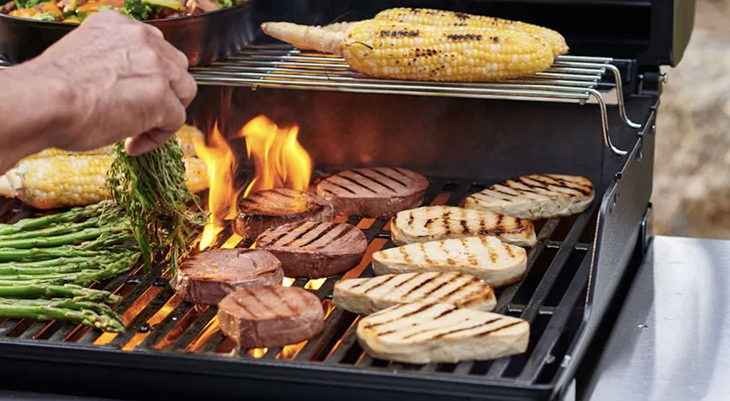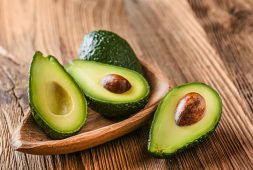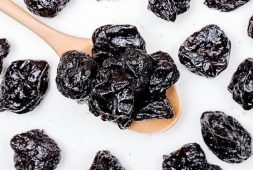
Whether you’re a fan or not, there are tons of different “non-meat” meat varieties on the market, but some may tell you that they’re not all that good. In fact, a number of meat alternative companies have been sinking on the market, mostly because the sales of their veggie meats and other products are just not that great.
For one particular man however, Thomas Huggins, he’s decided to look into the use of mycelium as a meat alternative. That’s because this is the fibrous root structure of a more similar texture to meat than soy, the mushroom.
When it comes to the 5 classic taste profiles, one of them – umami – only has 2 members which are meat and mushrooms. This is why it would seem much more logical to attempt to make meat with mushrooms, rather than with soy.
As for Huggins, who happens to be the owner of the company Meati, he is now distributing his products of mycelium steaks, burgers and more, in the Sprouts grocery stores to promote them.
When it comes to mycelium, this is actually part of the mushroom that people never see. In fact, it’s composed of thousands of tiny filaments, which are then cultivated in giant steel tanks using sugar, water and heat at the company’s 125,000-square-foot “Mega Ranch” in Montana, which is where Huggins grew up.
In an interview with Fast Company Magazine, Huggins shared, “My point of view? We need more diversity in our food system, not less. More resilience, more options that resonate with people that are really enjoyable.”
According to Huggins, there are tons of reasons why using mushrooms as a sustainable food option and it’s actually better than using soy, corn or any other meat alternative. That’s because these fungi mono-crops come from ‘highly genetically-modified seed stock’ which need to be kept alive using ‘millions of acres of prime farmland, billions of gallons of water, hundreds of thousands of gallons of pesticide and herbicides, and millions of pounds of ammonium-nitrate fertilizers.’ Aside from this being very costly, it’s also not sustainable at all and just bad for the environment overall.
Moreover, when it comes to mycelium cultivation, not even one inch of farmland is needed since these fungi are usually grown on sawdust and other wood products – although notably, Meati does use other starters like sugar, for example.
In addition, products such as Beyond Burger and Impossible Burger, which are also meat alternatives, are described by the Harvard School of Medicine as “ultra-processed foods.” What they mean is that while it’s an edible product, it’s still “many times removed” from its natural state. More often than not, most of the veggie meats that are sold on the market are made up of incredibly ultra-processed seed oils and other types of fillers, rather than the actual vegetables they boast about in order to keep both the costs down and the shelf-life up.
So rather than them actually being “healthy,” their true nutritional profile is mostly made up of highly-inflammatory and oxidized polyunsaturated fats, rather than with the otherwise heart-healthy monounsaturated fats that most people may think they have.
As for mycelium meat, it would actually be made of mostly fiber, for as long as there aren’t too many additives. Moreover, they would have that umami flavor that usually makes grilled mushrooms and steak quite similar in taste.
As for taste, Huggins describes a story of showing up to the Sprouts headquarters for a tasting, and investors “were kind of rolling their eyes.”
He also said rather jokingly, “’Oh, another plant-based product. It wasn’t exactly enthusiastic. But then they took their first bites, looked at each other, and grabbed another cut. In an instant, it became: ‘who else are you talking to? Can we be first?’”
Strangely enough, unlike the other CEOs of similar meat alternative companies, like Impossible Foods and Beyond Foods, Huggins actually enjoys eating real meat, as well as going bow hunting. In fact, his parents still own and run a bison and elk meat company in their home state of Montana. But he is truly looking to create and manufacture produce that his customers can ‘really sink their teeth into and be satisfied,’ while at the same time, still helping lessen emissions that come from generating the normal food system.



